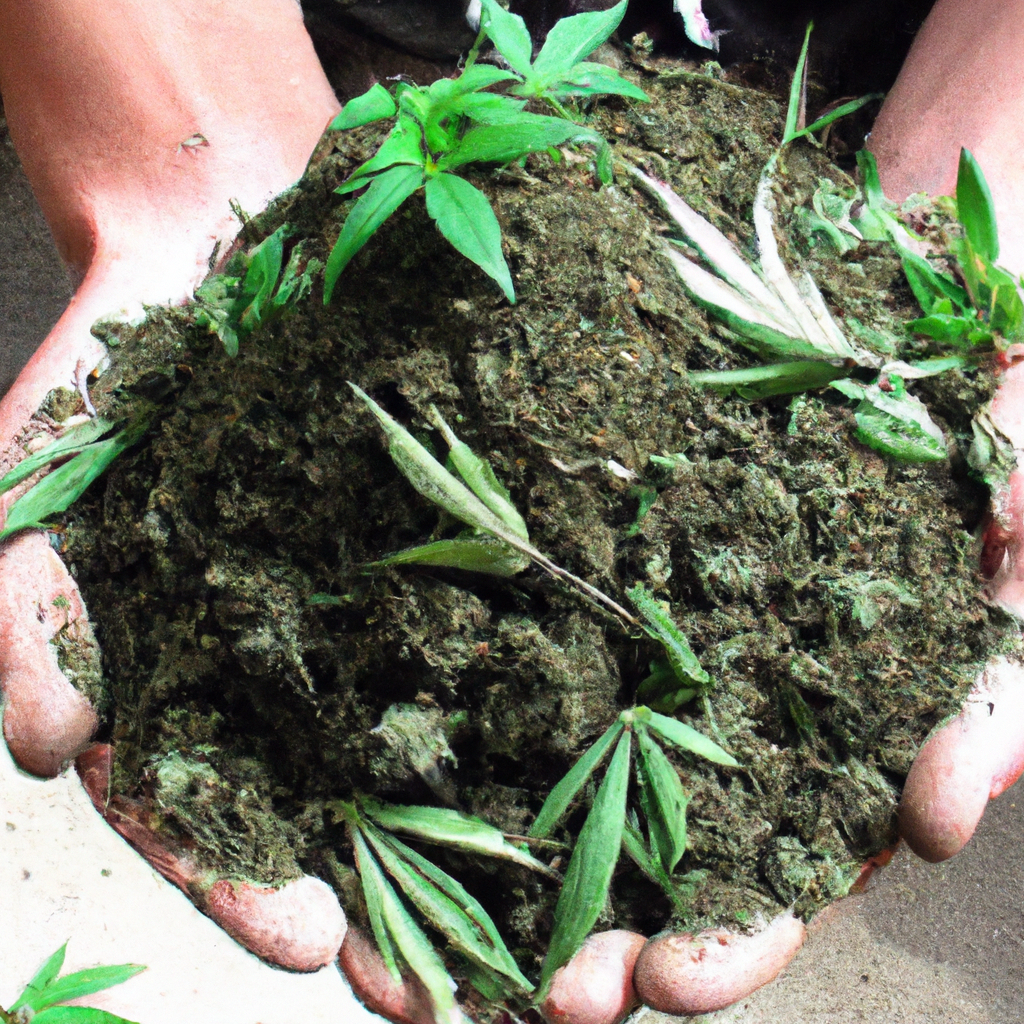Your cart is currently empty!
Embracing organic cultivation techniques for cannabis not only benefits your harvest but also supports environmental sustainability. This guide explores the best practices for organic growing, focusing on natural fertilizers, composting, and sustainable pest control methods.
Building a Healthy Soil Ecosystem
Soil is the foundation of any successful cultivation effort. Creating a vibrant, nutrient-rich soil ecosystem involves the use of natural amendments and careful management of soil biology.
- Composting: Utilize kitchen scraps, yard waste, and other organic materials to create a rich compost. This not only enhances soil fertility but also nurtures beneficial microorganisms.
- Cover Crops: Planting cover crops, such as clover or alfalfa, can boost soil nitrogen levels and improve soil structure.
- Natural Amendments: Incorporate rock phosphate, bone meal, and kelp meal to provide essential nutrients without synthetic chemicals.
Natural Fertilization Techniques
Feeding cannabis plants with natural fertilizers ensures they receive balanced nutrition, leading to healthier growth and better yields.
- Manure: Aged animal manure is a fantastic nutrient source. Ensure it is well-composted to avoid introducing pathogens.
- Worm Castings: Also known as vermicompost, this provides a nutrient-dense option that enhances soil and plant health.
- Fish Emulsion: This is a fast-acting, organic liquid fertilizer derived from whole fish or fish byproducts, providing plants with a robust nutrient boost.
Sustainable Pest Control Methods
Protect your cannabis crop from pests without resorting to harmful chemicals. Organic pest control methods focus on prevention and natural deterrents.
- Companion Planting: Plant pest-repelling species such as marigolds or basil near cannabis to naturally deter insects.
- Beneficial Insects: Introduce predatory insects like ladybugs or lacewings, which help control pest populations.
- Neem Oil: This organic pesticide derived from neem trees disrupts pest lifecycles without harming beneficial insects.
Benefits of Organic Cannabis
Choosing organic methods for cultivating cannabis extends benefits beyond the grower.
- Environmental Sustainability: Organic cultivation reduces reliance on synthetic inputs, preventing soil and water contamination and promoting biodiversity.
- Consumer Health: Avoiding chemical fertilizers and pesticides results in cleaner, safer cannabis for consumers, which is increasingly in demand within the market.
- Quality Yields: Organically grown cannabis often has richer flavors and aromas, appealing to connoisseurs seeking a superior experience.
Conclusion
Organic cannabis cultivation is not just a trend; it is a responsible and sustainable way forward. By embracing natural fertilizers, composting, and sustainable pest management, growers can achieve healthier plants, superior yields, and positively impact the environment.
Start your organic journey today and cultivate with nature’s excellence.
Tags: OrganicGrowing, CannabisCultivation, NaturalFertilizers, PestControl, Sustainability
Discover more from Magic Clones
Subscribe to get the latest posts sent to your email.


Leave a Reply